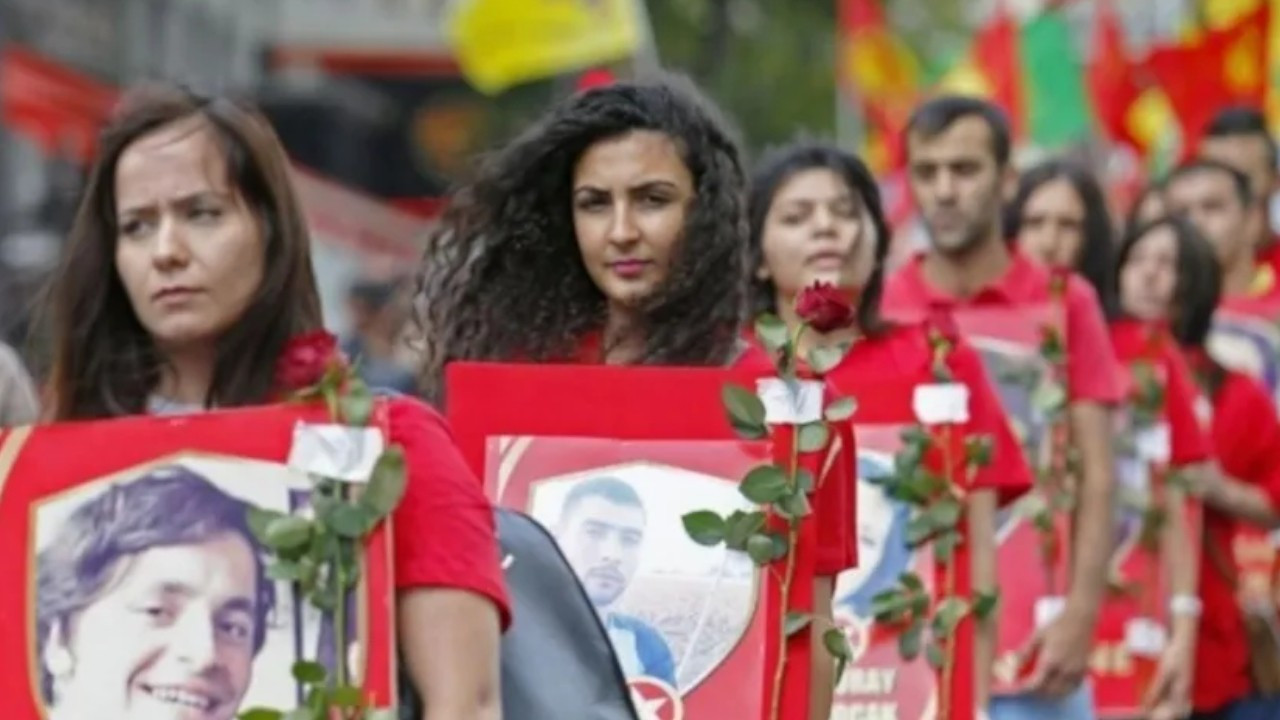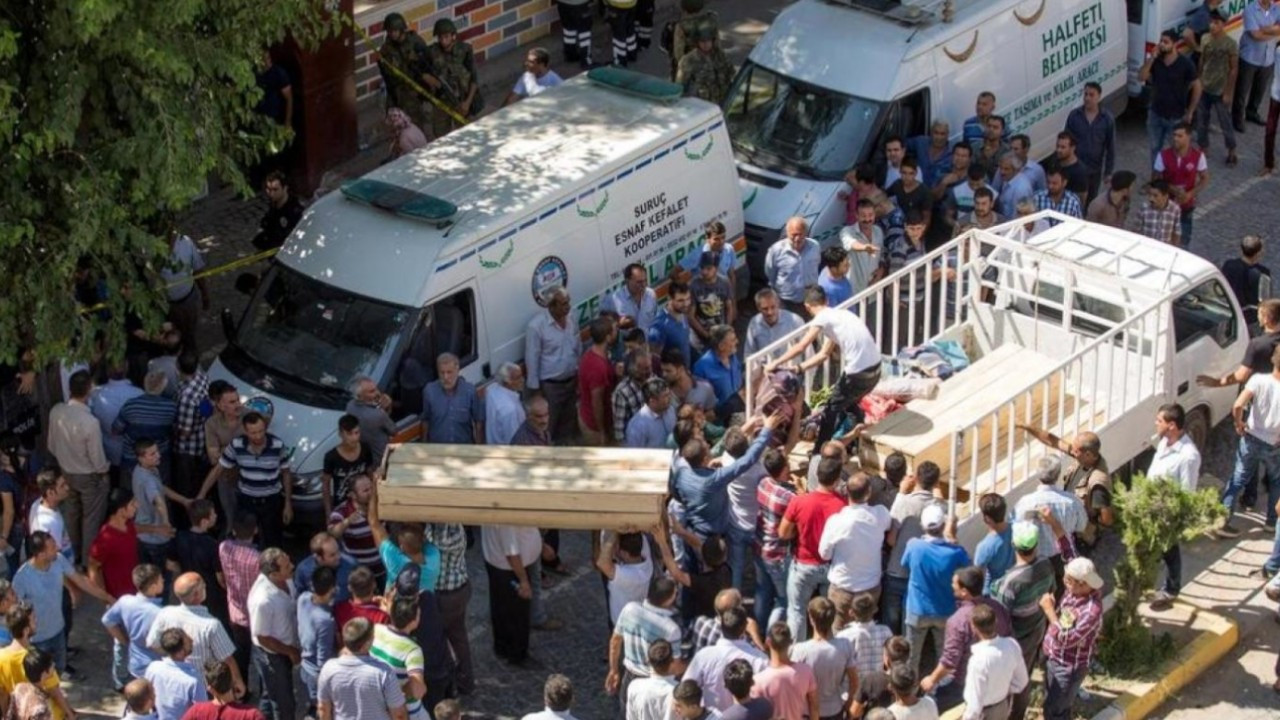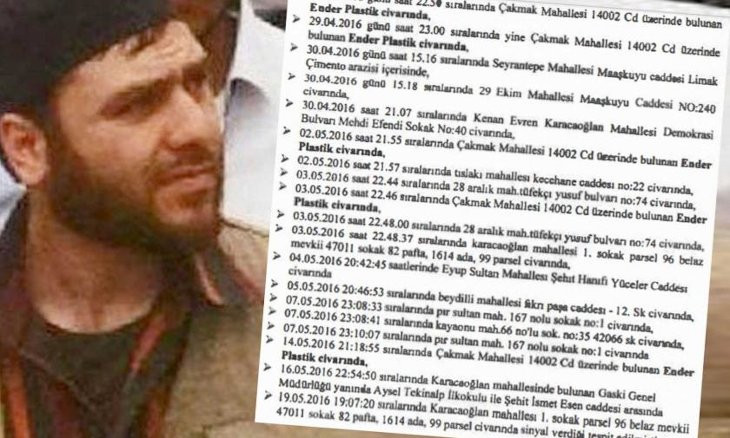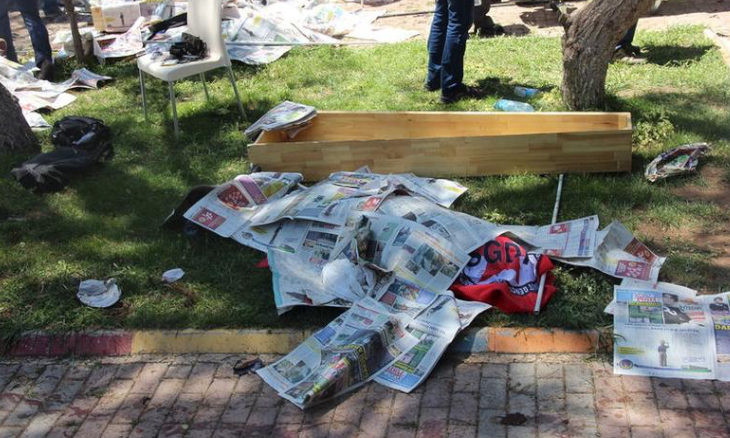Top Turkish court finds application about Suruç massacre 'inadmissible'
Turkey's Constitutional Court on Oct. 5 ruled that an application calling for the prosecution of public officials over their negligence in the 2015 Suruç massacre was “inadmissible.” In its ruling, the top court cited the “non-exhaustion of domestic remedies” and “a lack of concrete evidence” proving the claims.
Duvar English
Turkey's Constitutional Court has rejected an application demanding the prosecution of public officials over their negligence in the Suruç massacre. The top court said in its ruling that there was no previous intelligence report suggesting that ISIS would undertake a suicide bombing attack in the southeastern province of Şanlıurfa's Suruç district, ANKA news agency reported on Oct. 5.
On July 20, 2015, an ISIS suicide bomber detonated explosives outside Suruç Municipality’s Amara Cultural Center as members of the Federation of Socialist Youth Associations prepared to travel to Kobane in Rojava to aid in the town’s reconstruction following its liberation from ISIS forces. The attack claimed the lives of 33 people.
Despite several reports of neglect and deficiencies on the part of police and intelligence officers, no public official has yet stood trial in the case. The Justice for Suruç Platform, a group of lawyers and legal institutions involved in the case, says that government officials had prior knowledge of the attack but turned a blind eye to it.
On March 6, 2018, a total of 13 people, consisting of the injured and family members of the killed, filed an application with the Constitutional Court, saying that the victims' right to life was violated by the state over neglect and deficiencies in the case.
In its decision on Oct. 5, the top court said that the case was still ongoing at the Şanlıurfa 5th Heavy Penal Court. It found the applicants' application “inadmissible” for the “non-exhaustion of domestic remedies” and “a lack of concrete evidence” proving their claims.
“It is seen that they [applicants] did not put forward any concrete evidence and abstractly claim that security forces have adopted a systematic negligence with regards to ISIS members; they have only made references to a couple of news reports that have spread on the public network,” said the top court in its decision.
The top court also made a reference to the information that ISIS militant Abdurrahman Alagöz, who denoted the bomb in Suruç, was being sought by the Turkish security officials under the code of “missing person with terror links.”
The court said the reason why Alagöz was being sought was not because there was “suspicion” that he would undertake an attack in Suruç or against the victims, but due to the probability that “he would flee abroad via illegal ways to join radical terror group camps.”

 Turkish police brutalize Suruç massacre commemorators, detain 60 protestersDomestic
Turkish police brutalize Suruç massacre commemorators, detain 60 protestersDomestic Activists to hold symbolic march to Ankara in memory of Suruç massacre victimsHuman Rights
Activists to hold symbolic march to Ankara in memory of Suruç massacre victimsHuman Rights Turkey detains ISIS accomplice in Suruç and Sultanahmet bombing attacksDomestic
Turkey detains ISIS accomplice in Suruç and Sultanahmet bombing attacksDomestic Turkey 'didn't apprehend ISIS militant responsible for deadly attacks despite pinpointing him 19 times'Politics
Turkey 'didn't apprehend ISIS militant responsible for deadly attacks despite pinpointing him 19 times'Politics Surveillance footage of Suruç massacre believed to have been erased or concealedDomestic
Surveillance footage of Suruç massacre believed to have been erased or concealedDomestic